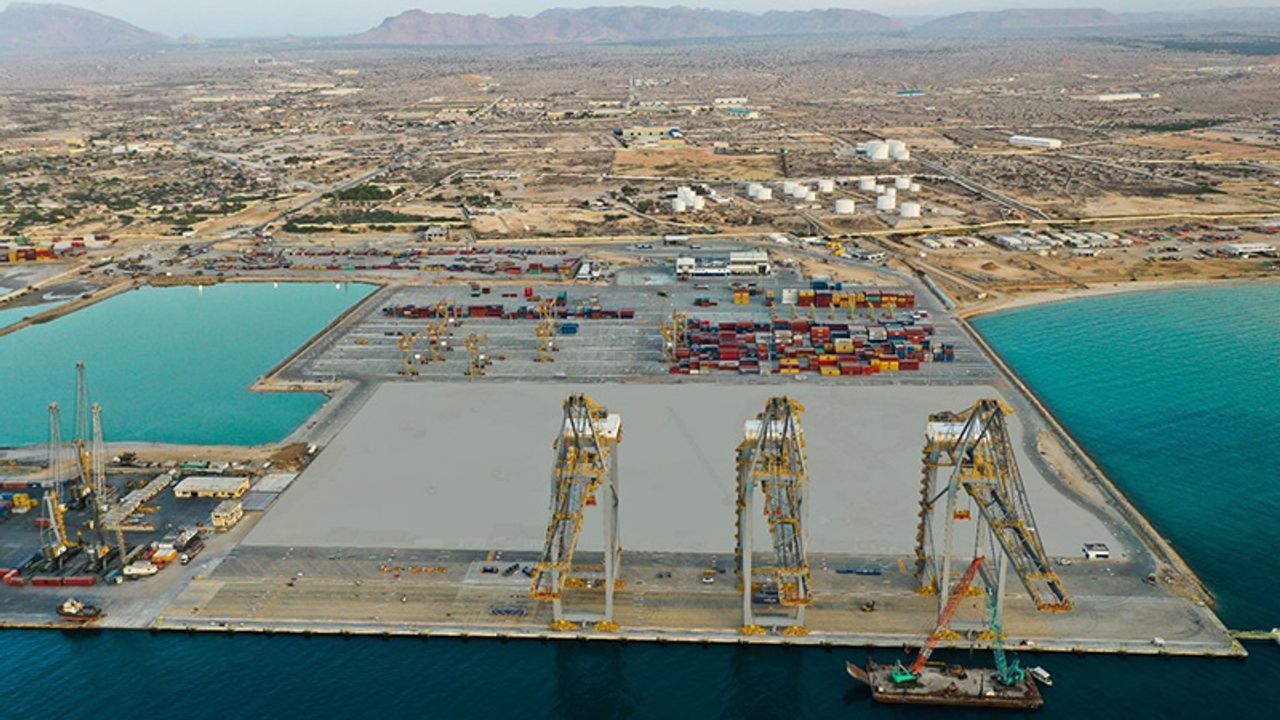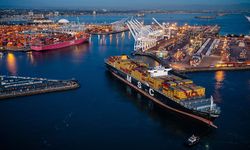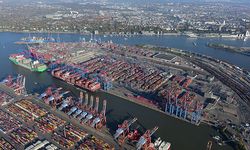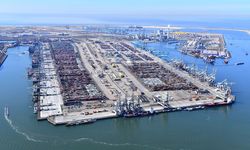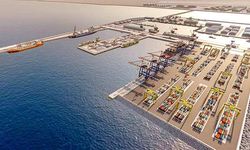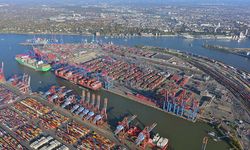Ethiopian Prime Minister Abiy Ahmed's persistent call for sea access is materializing at the port of Berbera. However, the unfolding scenario is not without controversy and geopolitical implications.
Allegations suggest that the Emirati company DP World is set to operate the Berbera Port, a move contested after Djibouti revoked DP World's license in 2018, leading to ongoing legal battles. Since The UAE has been playing an active role in the Saudi-led intervention in the Yemeni civil war, The port, located just 250 kilometers south, holds strategic importance in the Horn of Africa.
The Somali government in Mogadishu will try to get attention on the recent deal between Ethiopia and Somaliland on New Year's Day not only involves utilizing Berbera for international trade but also includes plans to lease land for the construction of a naval base on the international arena.
In response, Mogadishu has called its ambassador to Addis Ababa for consultations, emphasizing its constitutional power over Somaliland and declaring the agreement "null and void." The dispute has garnered international attention, with backing from the European Union, the United States, and the African Union, all supporting Somalia's territorial integrity.
The involvement of the United Arab Emirates (UAE) further complicates the situation, potentially increasing its influence on both sides of the Gulf of Aden, a crucial gateway for the global trade route through the Red Sea and Suez Canal.
From a maritime trade perspective, Ethiopia's pursuit of improved sea access at Berbera Port could offer an alternative route, reducing dependency on Djibouti. Currently, Ethiopia relies on Djibouti for shipping its goods, making the Berbera Port development strategically significant for the region's trade dynamics.
As this complex situation continues to unfold, the maritime community closely watches the evolving dynamics, recognizing the broader impact on regional stability and the intricate balance of power in the Horn of Africa.
